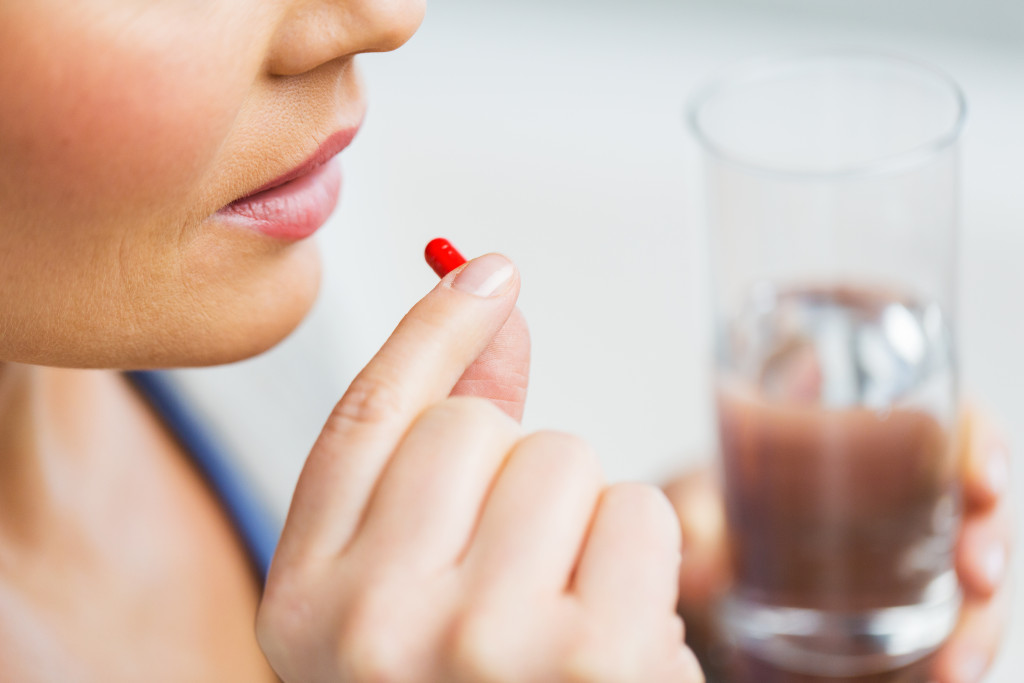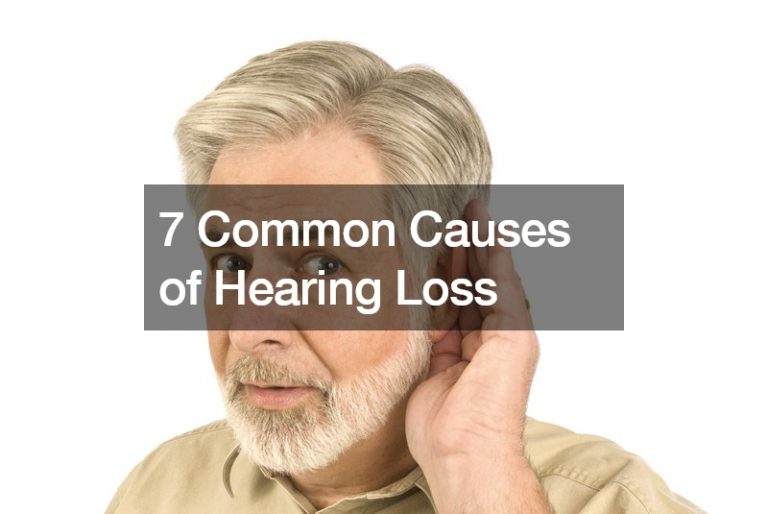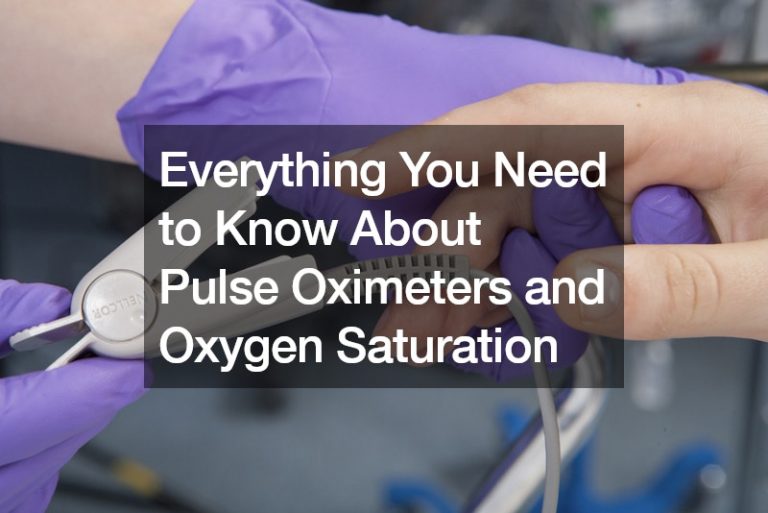• Medications can have side effects that impact oral health, such as dry mouth, gum diseases, and other infections.
• A decrease in salivation caused by medication can create an environment more prone to tooth decay.
• Medications that increase sugar levels can increase the risk of cavities and gum disease.
• Tooth replacement options can help restore your smile’s function and aesthetics while helping prevent gum disease problems.
For many, taking medication is a normal part of life. Medication can effectively manage health, whether for an illness, an injury, or a chronic condition. But did you know that your medications could also impact your dental health? Know the connection between medication and oral hygiene to help you keep your smile healthy and bright.
Effects of Medication on Teeth and Gums
Although medications don’t directly impact the teeth and gums, some have side effects that can cause problems in the mouth. Here are some of the most common side effects of medications that affect oral health:
Dry Mouth and Saliva Production
One of the most common side effects of many medications is dry mouth—a condition in which saliva production decreases. Saliva plays an important role in protecting your teeth by washing away bacteria, food particles, and sugars that can lead to cavities. These substances are more likely to stick around and cause problems without saliva.
Because saliva helps control pH levels in the mouth, having less saliva can create an environment that’s more prone to tooth decay. If you are taking medications that make you feel like your mouth is dry all the time or if you notice a decrease in salivation, talk to your dentist about ways to protect your teeth from decay.
Increase in Sugar Levels
Some medications, especially those to treat depression and anxiety, can cause an increase in sugar levels. This means bacteria and plaque are more likely to stick around the teeth and gums, leading to cavities and gum disease. Sugar is known to cause cavities, so if you’re on medications that increase your sugar levels, there is a high chance of developing tooth decay.
Plaque Buildup
Other medications, such as the ones used to treat high blood pressure and cholesterol, can cause an increase in plaque buildup on the teeth. This is because these medications can reduce the amount of saliva in the mouth, which means less natural protection against plaque. Plaque is a sticky film composed of bacteria, saliva, and food particles that can adhere to tooth enamel if not removed regularly through brushing and flossing.

Gum Diseases and Other Infections
Certain types of medication can also weaken the immune system—the system responsible for fighting off infections like gum diseases and other bacterial illnesses. People who have compromised immune systems may be at increased risk for developing gum diseases such as gingivitis or periodontitis. If left untreated, these conditions can eventually lead to tooth loss.
Gingival Overgrowth
Medications such as phenytoin (used to treat seizures) can cause an overgrowth of the gums, leading to swollen and red gums. This can make it difficult to brush and floss around the teeth, increasing bacteria and plaque buildup, ultimately causing cavities and gum disease.
Mouth Sores
Some medications can cause mouth sores or ulcers. Medications such as high-dose vitamin A and chemotherapy drugs can cause these sores, which are painful and can make it difficult to eat or speak. Sores can grow on the tongue, cheeks, or lips, leading to an increased risk of infection in the mouth.
Tips for Maintaining Oral Health While Taking Medication
You don’t have to stop taking your medication to avoid dental problems. Here are some tips to help you protect your oral health while taking medications:

- Brush and floss twice a day: Brushing and flossing your teeth twice a day can help remove food particles, bacteria, and plaque from the mouth, reducing the risk of cavities and gum disease.
- Drink lots of water: Staying hydrated can help reduce the symptoms of dry mouth, which can lead to an increase in bacteria and plaque.
- Avoid sugary foods and drinks: Especially if you’re already taking medications with sugar levels.
- Visit the dentist regularly: Seeing your dentist regularly can help to detect any problems in the mouth before they become serious. Your dentist can also recommend treatments or products that help protect your teeth and gums from damage caused by medications.
- Replacing lost tooth: If you have tooth loss due to medications, consider tooth replacement options such as dentures or dental implants. These can help restore the function and aesthetics of your smile while helping to prevent problems with gum disease.
By understanding the potential effects of medication on oral health, you can take steps to protect your teeth and gums from damage caused by medications. Follow these tips and talk to your dentist about other ways to keep your mouth healthy while taking medication.






